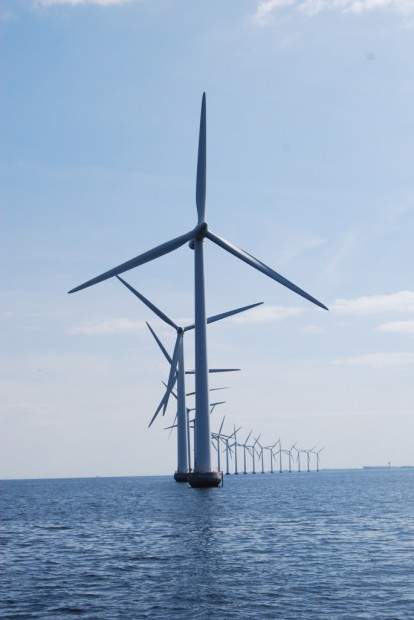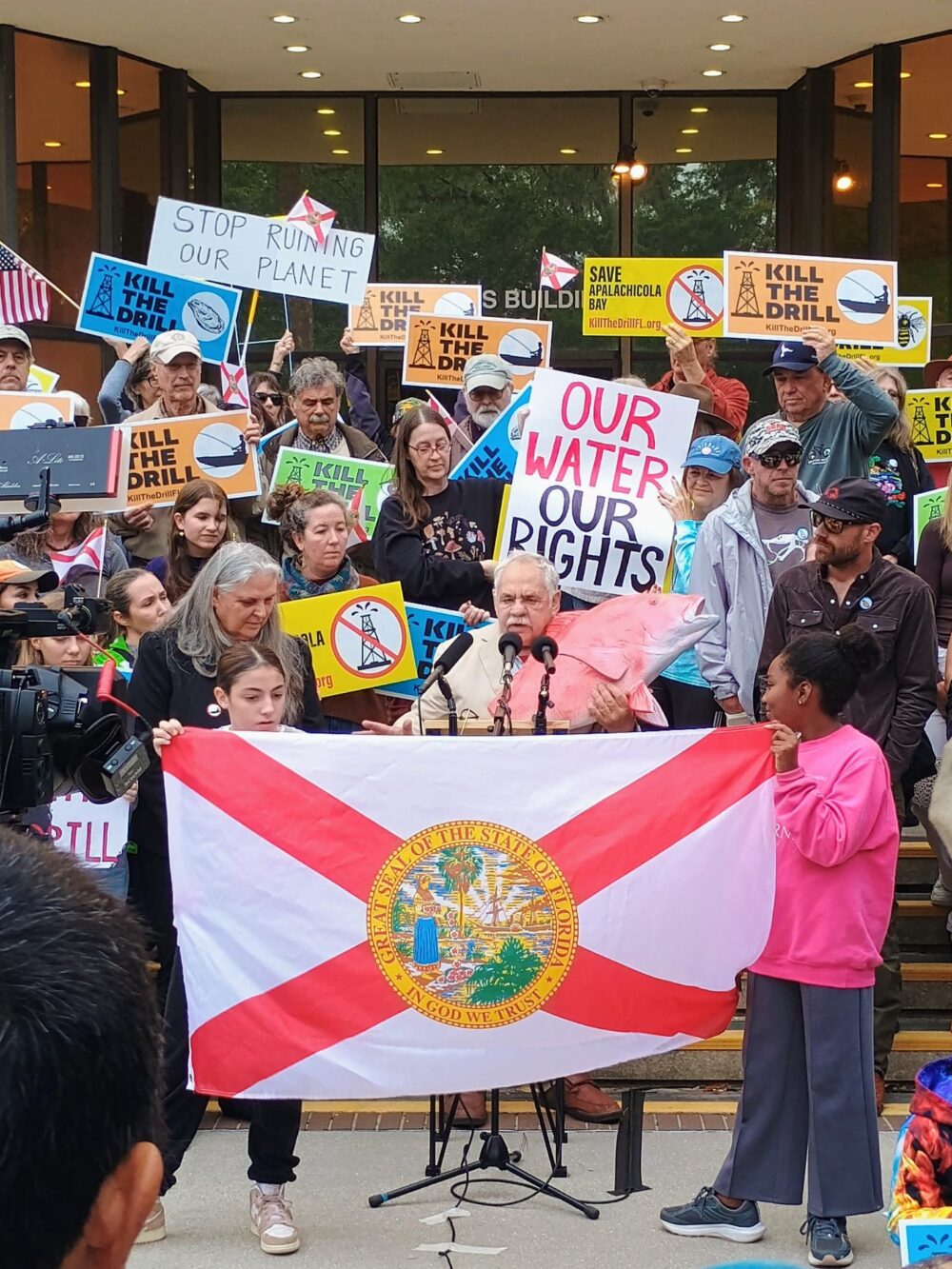We have much more to do and your continued support is needed now more than ever.
EPA research shows regulating methane is efficient and low cost
This Tuesday, the EPA released five whitepapers examining methane emissions from the oil and gas sector and affirmed what we already knew—this powerful carbon pollutant can be reduced efficiently and cost-effectively. The white papers are part of President Obama’s multi-agency methane reduction strategy, and his broader Climate Action plan that aims to implement regulations on methane, one of the strongest greenhouse gases. The papers are open for public comment until June 16.

These papers look at the ways methane makes its way into our atmosphere: natural gas compressors, hydraulic fracturing (better known as fracking), leaks during natural gas production, removing liquids in gas wells and pneumatic devices used in the gas industry. They examine different technologies and how they can contribute to the reduction of methane while still being economically beneficial.
These papers confirm that we can limit methane emissions effectively and at a low cost. Last month, the Environmental Defense Fund released research that showed that industry could reduce methane emissions by 40 percent below project 2018 levels by adopting proven emissions control technology. Moreover, these technologies allow methane to be captured as a resource, rather than escaping as pollution.
A powerful greenhouse gas

Methane emissions come from a variety of different sources, with gas and oil production as one of the largest. Since it is a super potent greenhouse gas, it is essential that we do everything we can to keep methane emissions low. Luckily, capturing methane emissions simply means capturing more of their product, which can then be sold back into the market. This can be accomplished using existing technologies which often pay for themselves in a matter of months. We urge the EPA to move forward with regulations that will ensure industry takes such common-sense steps to reduce methane emissions.
Climate change fueled by methane and other greenhouse emissions threaten wildlife species and communities around the world. Reducing methane pollution, while we rapidly develop and invest in clean, renewable energies such as solar and offshore wind, will help to keep moving us forward on climate.
![]() Regulating methane and carbon dioxide emissions is a vital piece to mitigating climate change and creating a safer world for wildlife and communities. Speak up here in favor of limiting carbon pollution!
Regulating methane and carbon dioxide emissions is a vital piece to mitigating climate change and creating a safer world for wildlife and communities. Speak up here in favor of limiting carbon pollution!





















